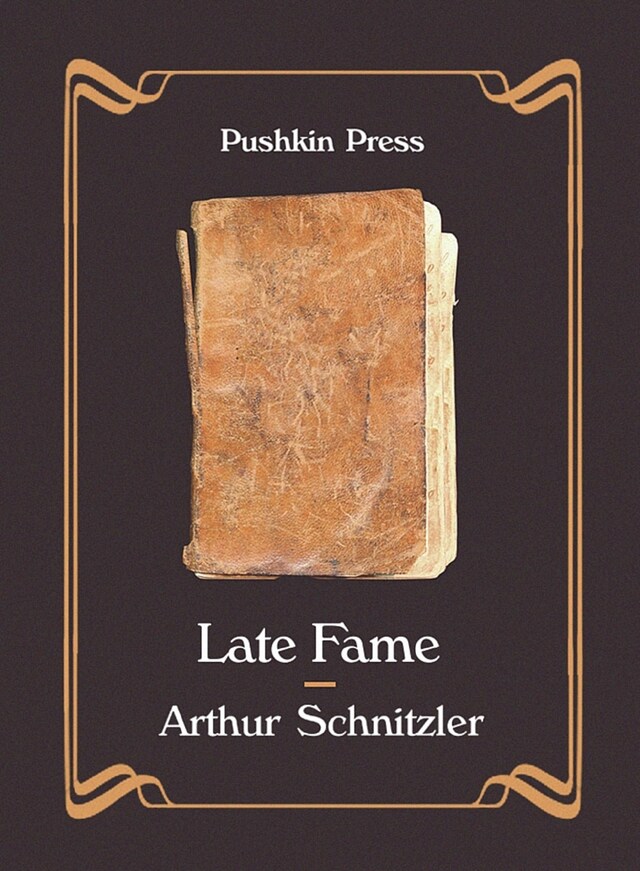
Late Fame
Description of book
First English publication of a recently rediscovered novella by one of the greatest European writers
One seemingly ordinary evening, Eduard Saxberger arrives home to find the fulfilment of a long-forgotten wish in his sitting room: a visitor has come to tell him that the youth of Vienna have discovered his poetic genius. Saxberger has written nothing for thirty years, yet he now realises that he is more than merely an Unremarkable Civil Servant, after all: a Venerable Poet, for whom Late Fame is inevitable - if, that is, his new acolytes are to be believed…
Arthur Schnitzler was one of the most admired, provocative European writers of the twentieth century. The Nazis attempted to burn all of his work, but his archive was miraculously saved, and with it,
Late Fame. Never published before, it is a treasure, a perfect satire of literary self-regard and charlatanism.
Arthur Schnitzler (b. 1862 in Vienna) was one of the most influential European writers of the twentieth century, perhaps best known here for his novellas
Dream Story and
Fräulein Else. He qualified as a doctor but was increasingly driven to a career in writing, resulting in several celebrated plays, novellas and novels which explore the great existential subjects of the modern age: relationships, love, sex, ageing and death. Because his work dealt with subjects considered taboo, he frequently attracted the hostility of the authorities, consequently losing his position as Chief Medic in the Reserve Army and being tried for disorderly conduct. Schnitzler was close friends with Stefan Zweig and Sigmund Freud, who both admired him greatly, and a member of the 'Young Vienna' circle of writers who regularly met at a café nicknamed 'Café Megalomania' - the very same clique and café he satirises so deliciously in
Late Fame. Schnitzler died in 1931.
Pushkin Press also publishes his novellas
Fräulein Else,
Dying and
Casanova's Return to Venice.
 Arthur Schnitzler
Arthur Schnitzler 111 Pages
111 Pages